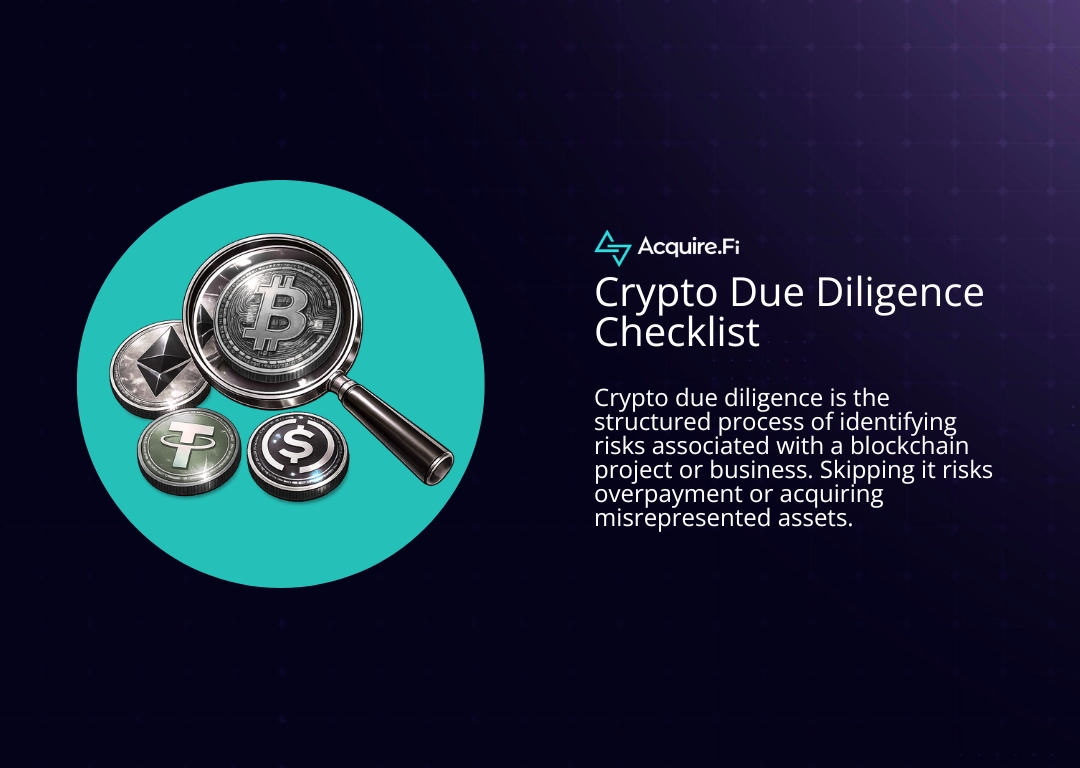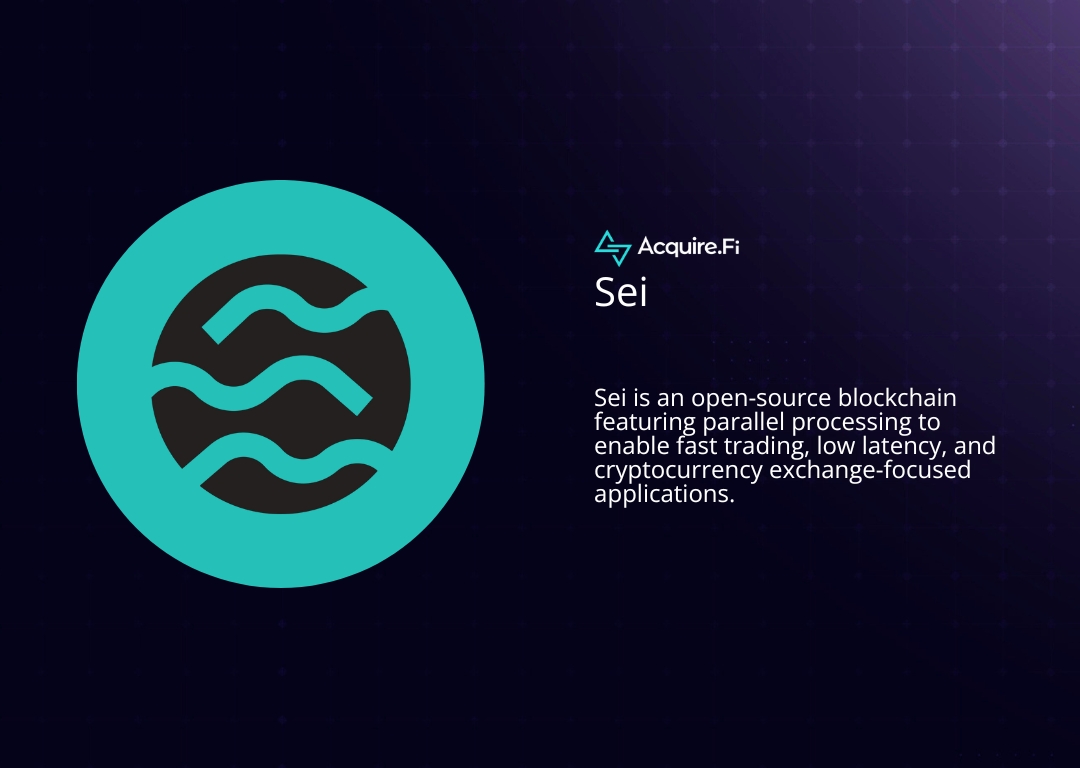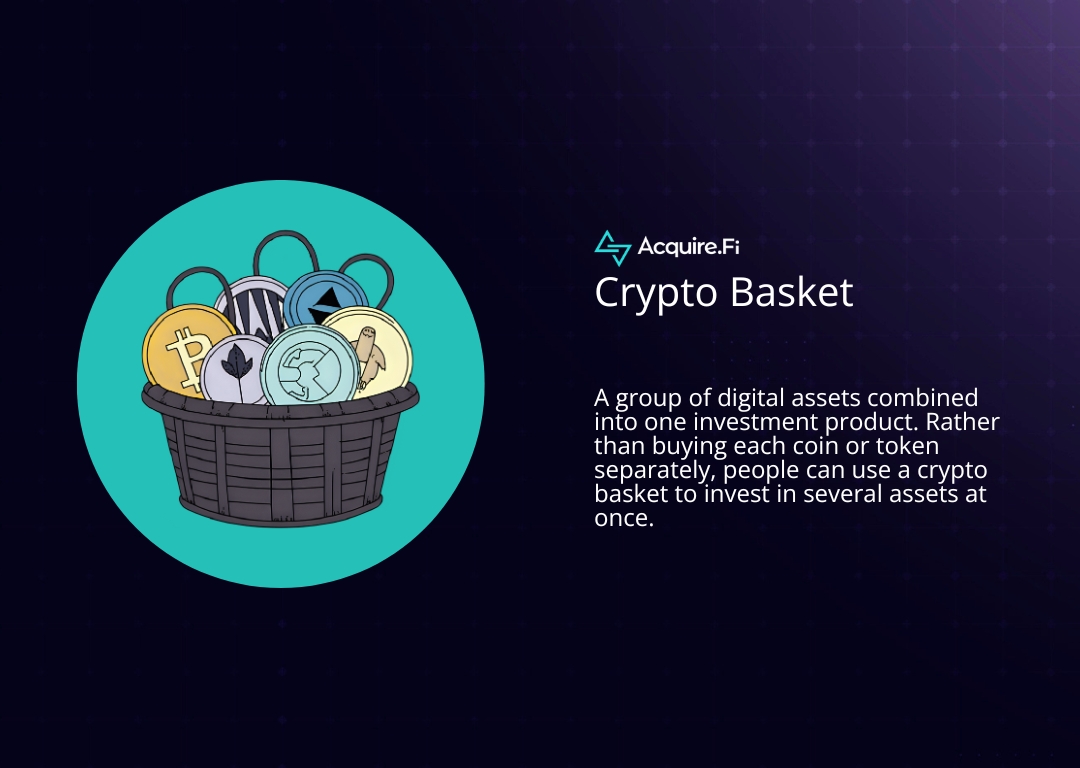What is a Money Services Business (MSB)
A Money Services Business (MSB) is a non-bank financial institution that facilitates the movement or conversion of value for its customers. In U.S. law, the Money Services Business definition covers currency dealers or exchangers, check cashers, issuers and sellers of money orders or traveler’s checks, money transmitters, and certain prepaid access providers and sellers. Some public operators, such as the U.S. Postal Service, which handles money orders, also fall under this umbrella. These categories come from Bank Secrecy Act rules administered by FinCEN.
MSB works by accepting funds or monetary value from a customer and delivering cash, account credits, stored value, or foreign currency to a recipient. In the U.S., MSBs are required to register with FinCEN and renew their registration every two years. Day-to-day, MSBs operate directly and through agents while running a comprehensive AML and reporting program.
8 Types of Money Services Business
Most readers start by asking what a Money Services Business (MSB) is, because the label encompasses many activities. The list below follows FinCEN’s MSB categories.
Money Transmitter
Money transmitters receive money or monetary value from one person and transmit it to another person or location. This includes domestic or cross-border remittances, wallet-to-wallet transfers, and many payment processor models. Many virtual currency exchangers and administrators are also treated as money transmitters when they accept and transmit value. Money transmitters register with FinCEN and usually hold state licenses in the U.S. They must keep required records and file reports under the Bank Secrecy Act.
Currency dealer or exchanger
These firms buy and sell foreign banknotes or convert one currency to another for travelers and businesses. They operate in airports, city centers, and online ordering channels. They must register or be supervised in accordance with local law and apply AML controls and record keeping requirements. Other countries supervise the same activity through national AML authorities.
Check casher
Check cashers convert checks or money orders into cash for a fee, often serving customers who do not have bank accounts. They verify identity and may run sanctions and fraud checks. They must comply with AML rules, maintain accurate records, and submit the required reports. Many operators also offer bill payment, money orders, and remittance services.
Issuers of traveler’s checks and money orders
Issuers create and sell instruments such as money orders and traveler’s checks. They design controls for distribution channels and agent networks. They monitor instrument sales and redemptions to detect structuring and fraud. Issuers maintain AML programs and file SARs when user activity meets thresholds and suspicion criteria.
Sellers or redeemers of traveler’s checks and money orders
Sellers and redeemers distribute or cash those instruments for the public and must verify identity in higher-risk scenarios. They keep sales and redemption records and escalate suspicious patterns. Their obligations include timely filing of SARs and cooperation with law enforcement. They may operate as stand-alone retailers or as agents of a larger issuer.
Provider of prepaid access
A provider controls the program for prepaid cards or digital stored value and sets the terms of use. The U.S. replaced stored value with prepaid access in 2011 and created specific duties for providers and sellers. Programs must include transaction monitoring, agent oversight, and information sharing where required. Risk varies by reloadability, funding methods, and cross-border features.
Seller of prepaid access
Sellers distribute prepaid products and must collect and retain the required information, depending on the program features. They train staff to spot fraud and sanctions concerns at the point of sale. Policies cover limits, red flags, and reporting. Sellers coordinate with the program provider on compliance and data.
U.S. Postal Service (for money orders)
Under U.S. rules, the Postal Service qualifies as an MSB for money order activities. It issues and sells money orders to the public. It maintains BSA record-keeping and reporting functions for those products. This category is unique to the U.S. definition. It helps ensure consistent reporting across public and private issuers.
Real World Money Services Business Examples
These companies demonstrate the sector's diversity. They differ in terms of footprint, licenses, and channels, but share common AML and consumer protection responsibilities. Each example below highlights the services tied to MSB rules.
MoneyGram
MoneyGram offers international money transfers through its network of agents and digital platforms. It operates under state money transmitter licenses across the U.S. and maintains an AML program for agents and partners. Public notices and guides reference registration, training, and reporting duties. Recent settlements highlight ongoing obligations to comply with remittance disclosure and error-resolution rules.
PayPal
PayPal enables customers to send, receive, and hold funds, as well as make purchases. In the U.S., PayPal lists state money transmitter licenses and related disclosures. Its regulated status requires AML controls and reporting across products such as P2P transfers and merchant payments. The structure also supports remittance disclosures where applicable.
Western Union
Western Union runs a global remittance network that supports cash pickup, bank account deposits, and mobile wallet payouts. The company emphasizes strong compliance practices, including anti-fraud measures, AML, sanctions screening, and regular employee training. It applies identity verification, encryption, and other risk-based controls across agent and digital channels.
Regulations for MSB
Regulators treat MSBs as non-bank financial institutions, subjecting them to defined AML, reporting, and licensing duties. In the U.S., firms complete money services business registration with FinCEN under the Bank Secrecy Act. Other countries supervise MSBs through national AML agencies such as FINTRAC in Canada, HMRC in the UK, and AUSTRAC in Australia. Global AML standards are established by the Financial Action Task Force, including the wire-transfer transparency requirement known as the Travel Rule.
Anti-Money Laundering Laws
Every MSB must maintain a written AML program with internal controls, a designated officer, independent testing, and ongoing training. Programs include monitoring and reporting of suspicious activity through SAR filings, which for MSBs generally have a $2,000 threshold and a 30-day filing window after detection. MSBs also file Currency Transaction Reports for cash transactions exceeding $10,000 in a single day and aggregate related transactions. Record keeping and the Travel Rule require specific originator and beneficiary information to accompany transfers of $3,000 or more. FATF’s Recommendation 16 aligns globally and was updated in 2025 to improve payment transparency, including for virtual assets. These requirements exist to deter crime, trace illicit funds, and protect customers and the financial system.
Know Your Customer Compliance
MSBs apply risk-based customer identification and due diligence that fit their products and channels. They collect sender and recipient data and verify identities, with stronger checks for higher-risk customers, larger transactions, and unusual patterns. U.S. rules require specific records for funds transfers of $3,000 or more, as well as retention periods, whereas other jurisdictions outline detailed CDD steps in their guidance. Supervisors such as HMRC, FINTRAC, and AUSTRAC publish expectations on CDD, record keeping, and reporting. These KYC controls help prevent impersonation, fraud, sanctions evasion, and money laundering while enabling lawful transfers to move quickly. In practice, MSBs supplement legal rules with internal risk scoring and agent oversight.
FAQs
What are the risks of using MSBs?
Fraudsters target remittance channels and attempt to deceive senders, which is why firms screen and educate their customers to prevent such scams. Data security is also a concern, as evident in past cyber incidents involving currency exchangers. Reputable MSBs mitigate these risks with monitoring, verification, disclosures, and restitution programs required by regulators.
Are MSBs banks?
No. MSBs are non-bank financial institutions defined in regulations and supervised for AML and reporting. Meanwhile, banks hold deposits and are chartered under banking laws.
Do MSBs need to register or get a license?
In the U.S., an MSB must register with FinCEN and renew every two years. Most money transmitters also need licenses in each state where they operate. Canada, the UK, and Australia require registration with FINTRAC, HMRC, and AUSTRAC, respectively.











.webp)